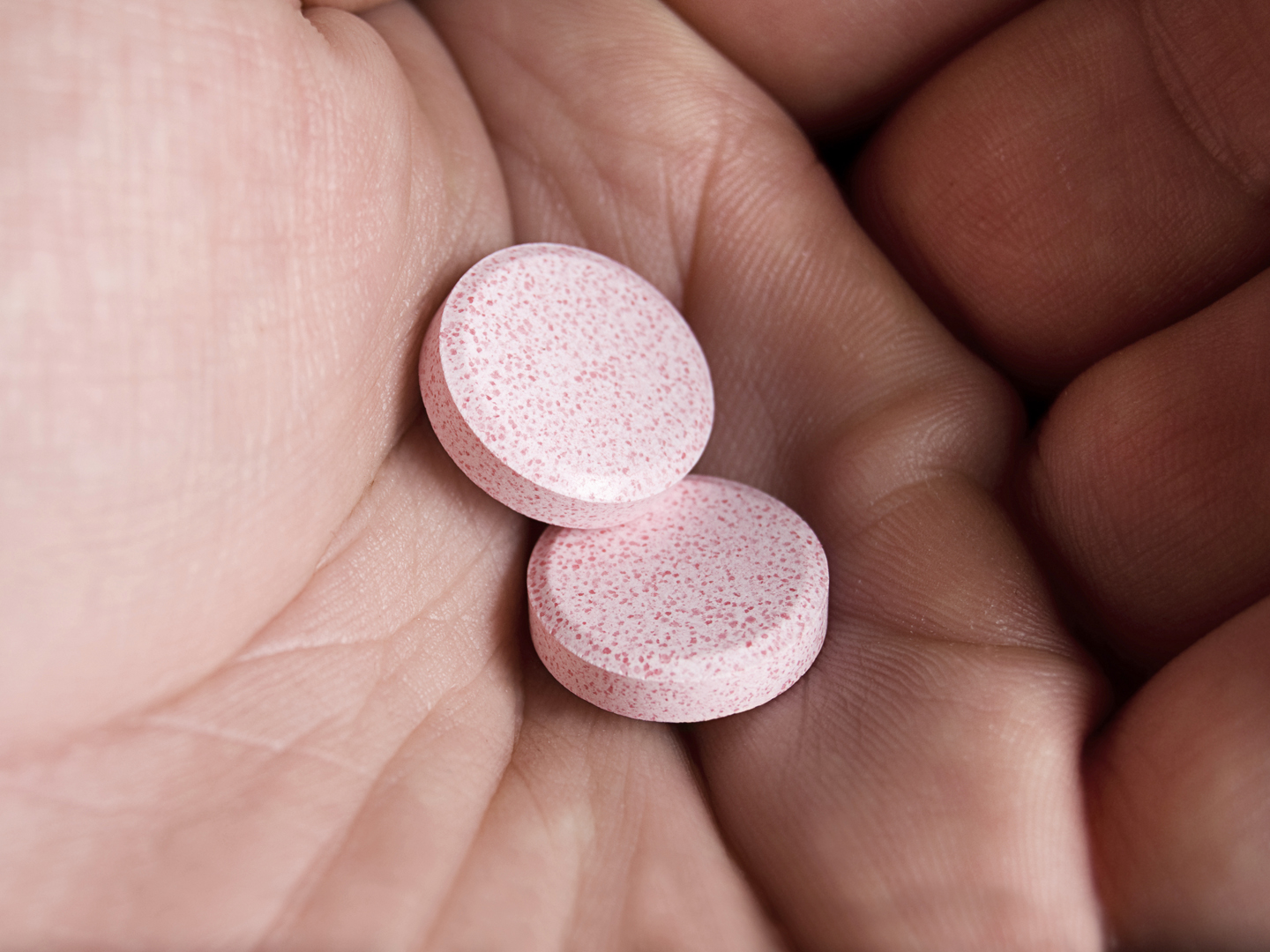Putting Heartburn To Bed?
I am buying a new bed and would like to know if it would be beneficial for my acid reflux to buy an adjustable bed to elevate my upper body, or do I need to elevate just my head six inches (not the upper half of the bed)?
Andrew Weil, M.D. | October 14, 2004

Almost everyone occasionally experiences acid reflux, the backflow of acid from the stomach into the esophagus. This usually occurs after eating and often brings on heartburn, an uncomfortable burning sensation behind the breastbone. When reflux is frequent and severe enough to damage the esophagus or interfere with normal activities, it is called gastroesophageal reflux disease (GERD).
Elevating the upper body – not just the head – when you’re in bed can help relieve the symptoms, but while it can help, it shouldn’t be the main treatment for GERD. The approach I recommend begins with deglycyrrhizinated licorice (DGL), a remedy extracted from licorice root. (Whole licorice can increase blood pressure; no such effect occurs with DGL). You can buy DGL in powder or tablet form. The easiest way to take it is to chew two tablets slowly before every meal or in between meals, or take one-half teaspoon of the powder before meals. You can continue to take DGL as long as you have symptoms. I also suggest visualization as a mind-body technique to help manage GERD symptoms. The following lifestyle changes can help prevent problems before they start:
- Reduce or eliminate alcohol consumption. If you do drink, be sure to eat something beforehand.
- If you smoke, stop – tobacco can irritate the digestive system.
- Avoid coffee and decaffeinated coffee. Caffeine can aggravate symptoms.
- Instead, drink chamomile tea, which has soothing properties. (Peppermint tea will aggravate GERD.)
- Avoid any foods that make your stomach unhappy.
- Don’t eat within two to three hours before bedtime, and avoid lying down after meals.
- Avoid antacids containing aluminum. (Chronic use can lead to a bone softening condition in adults called osteomalacia.) Avoid sodium bicarbonate (baking soda, bicarb) because of its sodium content. Calcium carbonate (Tums) and magnesium hydroxide (milk of magnesia) are all right.
- Drugs that reduce the risk of esophageal damage by blocking histamine, which helps trigger stomach acid secretion, are very effective but aren’t recommended for long term use. These include Pepcid, Zantac, Tagamet and Axid. Prilosec and Prevacid work by blocking the final pathway of acid secretion but shouldn’t be used long-term either.
Andrew Weil, M.D.










